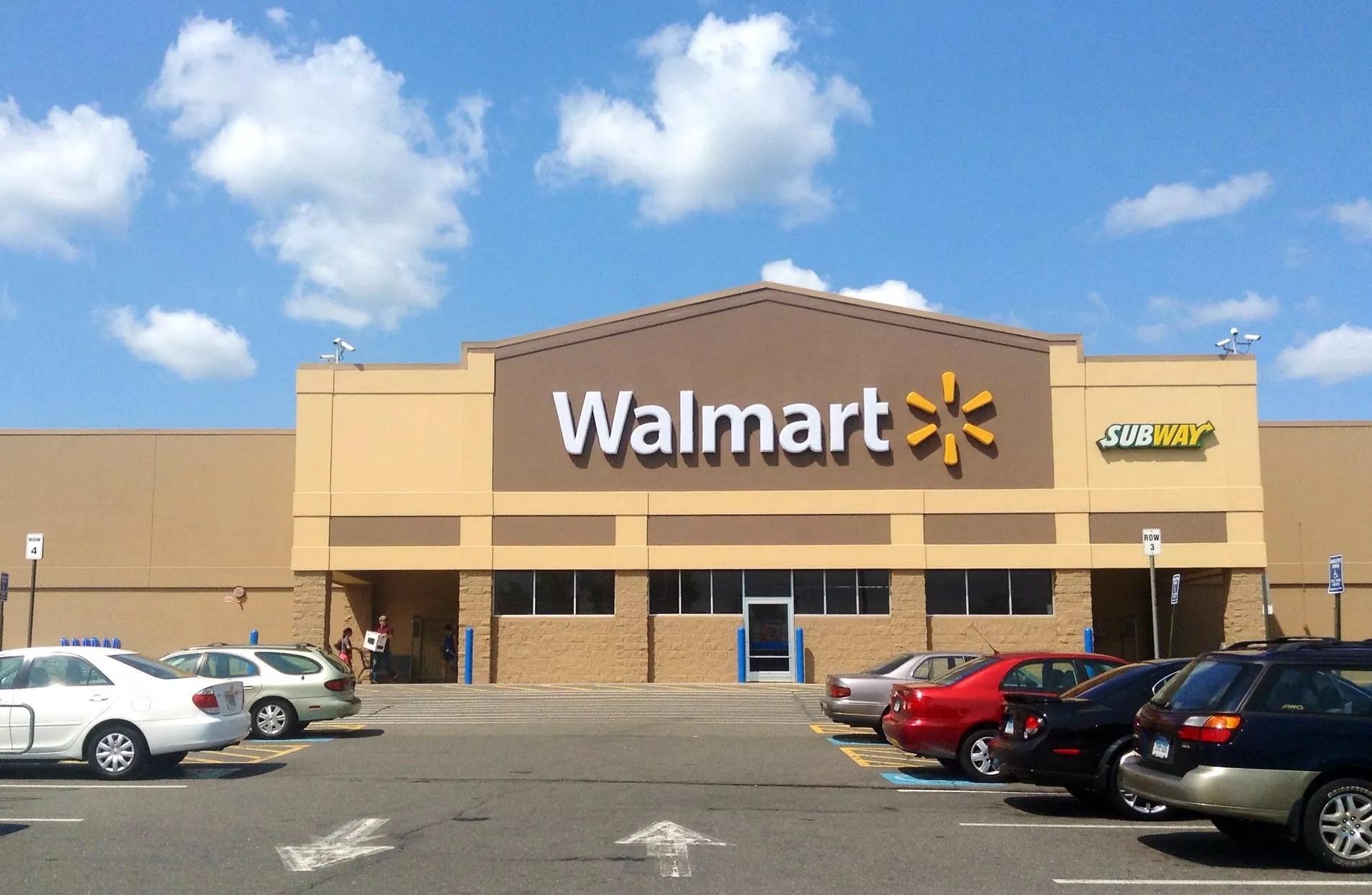
Mike Mozart / Flickr

Audio By Carbonatix
Aurora resident Sandy Kunz spent more than 25 years happily married to her Gus. The couple shared a passion for the outdoors and raised two pets, a dog named Riley and a bird named Joker.
Despite being 72 years old and requiring supplemental oxygen because of a lung condition, Kunz needed her job as a Walmart cashier to pay the bills. Sometime in the weeks after Colorado began to shut down, when millions of us were hunkered down at home and “essential” employees like Kunz were still being called in to work, she contracted COVID-19. On April 18, she died. Gus, who had also tested positive for the virus, died two days later.
“I feel bad for Ms. Sandy, because she was an older lady, and she was on oxygen, anyway,” says Jessie Metcalf, Kunz’s co-worker at the Walmart Supercenter located at 14000 Exposition Ave. “I feel that Walmart should have given her the option of taking a [leave of absence], because she was a high risk. If they had done that, she might still be here.”
Health officials haven’t confirmed whether Kunz contracted the virus at work. But in the aftermath of her death, her co-workers began to have their suspicions, even if management said there was nothing to worry about.
“After she passed, they still didn’t tell us anything,” Metcalf says. “One day, we come to work, and there’s four other people gone. And they said, ‘Oh, they just took off, just in case. They don’t want to get the virus.’ Then we found out they had corona, too. So Walmart wasn’t telling us the whole story.”
Finally, on April 23, the Tri-County Health Department ordered the store to close, citing case data and a “series of complaints received from employees and shoppers” regarding a lack of social distancing and other safety violations. In addition to Kunz and her husband, a subcontracted security officer at the store also died from COVID-19, and at least six other employees tested positive.
The deaths highlight the risks faced by many of Colorado’s low-income workers, who are much more likely to work jobs that can’t be done from home. Many are employed by “essential” businesses that remained open throughout Governor Jared Polis’s statewide stay-at-home order, while many others are headed back to work soon as Polis moves to ease restrictions. In many parts of the state, retail stores were allowed to reopen yesterday, May 1.
The state’s list of confirmed outbreaks has nearly doubled since April 15, and while the vast majority have occurred at nursing homes and other health-care facilities, at least 22 have been identified at Colorado workplaces.
In Greeley, at least six workers at the JBS meat-processing plant have died after contracting the virus, and hundreds of employees have tested positive, making it one of the state’s worst outbreaks. Officials have also confirmed deaths connected to outbreaks at the Cargill meat plant in Fort Morgan and Aurora Organic Dairy in Platteville, according to state data. Ron Ruggiero, president of Service Employees International Union Local 105, says that two of his union’s members have died from the virus; both worked at Denver International Airport.
“It’s service workers, it’s health-care workers, retail workers of all kinds, who are on the front lines, protecting us and healing us,” Ruggiero says. “They have the most risk. They are called, rightfully so, ‘essential workers’ – well, then those workers need to have the protections they need right now.”
The coronavirus crisis has led to a surge in labor organizing among employees of essential businesses, including many gig workers and other independent contractors. Workers for Amazon, Whole Foods, Target, Instacart and other companies protested low pay and inadequate safety measures on May 1 – May Day, or International Workers Day – in a nationwide strike.
Members of United for Respect, an advocacy group that includes many Walmart employees, just launched a self-reported “COVID-19 tracker” to monitor outbreaks and store conditions in Walmart locations across the country. The group says that Walmart, the country’s largest private employer, isn’t doing enough to protect employees and customers.
Tri-County officials allowed the Walmart in Aurora to reopen this past week after it was cleaned and disinfected, and they praised the safety precautions now in place, which include additional signage, one-way aisles and a “robust employee illness screening and reporting process.” Metcalf, who took the option of a paid fourteen-day self-quarantine following the store’s closure, will return to work in mid-May.
“I probably won’t feel very good about it, just from the fact that I know people died from the virus in that store,” she says. “They’re more worried about what the store and the numbers look like. They don’t worry about us, the employees – or the customers. Because the customers are risking their lives by coming in there, too.”